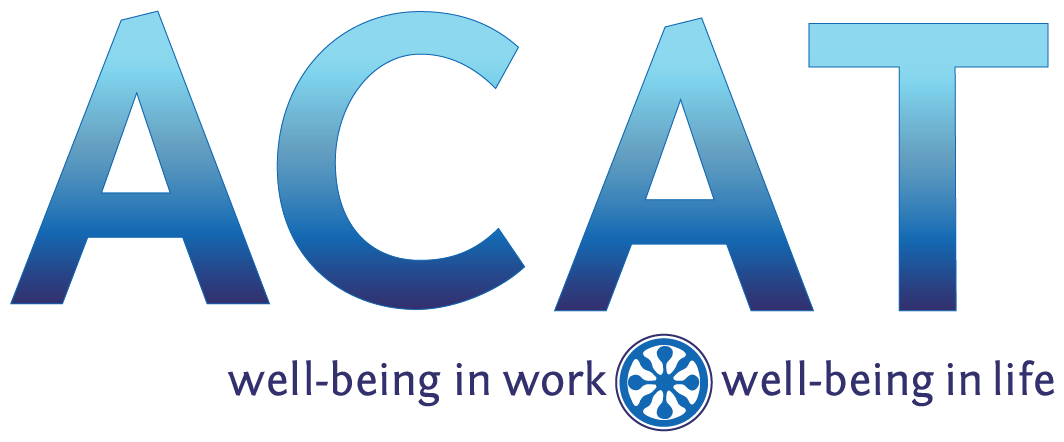Karen Krueger, ACAT ’10, http://kgk-llc.com
1. Trust your instincts.
Having completed a rigorous training course at ACAT, you are well-equipped to teach the Alexander Technique. If your instinct suggests a particular approach with a student, or a particular insight that you think might be helpful, go with it, and see if it works. If it doesn't, try something else. (See #2 and #3.)
2. Throw out your agenda.
Students learn best if they see that you are interested in helping them work with their problems, their questions, their lives. If you think everyone should be taught in the same way, with the same goals, then you will be a good teacher only for those students who happen to align with your methods and goals.
3. Be vulnerable.
If you don't know the answer, say so. Share your own struggles. Show, by your own words and behavior, that being wrong is not a disaster, but a learning opportunity.
Daniel Singer, ACAT ‘81
1) Remember your own use when teaching. Don’t take it for granted. When we falter in that consideration, then we simply notice and rethink. That is the constancy of attention we need. Not an imagined“perfect" use but rather, a continuously re-examined use of the self as it arises in each activity phrase we do when teaching.
2) As a new teacher, remember that you have more than enough clarity and skillsto help your student if you keep it simple. As an AT teacher your job description isto teach your understanding ofAwareness, Inhibition and Direction. We can only know what we know concerning this work, which is alot! Keep it simple!
3) Teach your students to work on themselves as they walk around in the complexity of life. Yes, Constructive Rest is superb homework AND also helping them make choices in the rounds of daily living is the key to maximizing student’s self-care, in my opinion. F.M. said: "Unless you make a decision against the habit of life, nothing changes.”
Anastasia Pridlides, ACAT ’12 http://movementhealingarts.com/
Building a practice takes time. It doesn't happen all at once. Be patient with yourself and let it grow at it's own pace. Resist the urge to compare your practices to other people's. Your practice is going to be unique to you.
During my first few years as an Alexander Teacher, it was a huge source of anxiety for me when people would ask me how many students I saw a week. Like if the number was anything less than one that would indicate full time hours I was a failure as a professional. That was silly of me. Let the process of teaching and the quality of your teaching be more important that the quantities of your teaching as you begin.
Get really comfortable talking about the Alexander Technique. You have chosen a field that many haven't heard of and will spend a lot of time educating everyone around you about what it is that you do. Talk to everyone you can about the Alexander Technique and how it can benefit them. Keep is short and simple. Do it in different environments, with different types of people. View this not as an exercise in getting people in the door (Though if they come for a lesson, Great!) but as a way of learning how to be a constant advocate for your work and of learning to find many ways of connecting different people to the work.
Hustle. Network. You are an entrepreneur now. If entrepreneurship is a new skill set for you, seek out resources as to how to develop it. It is a separate skill from your teaching, but just as necessary to build your practice.
Develop and cultivate professional relationships with other teachers as well as professionals in other areas.



